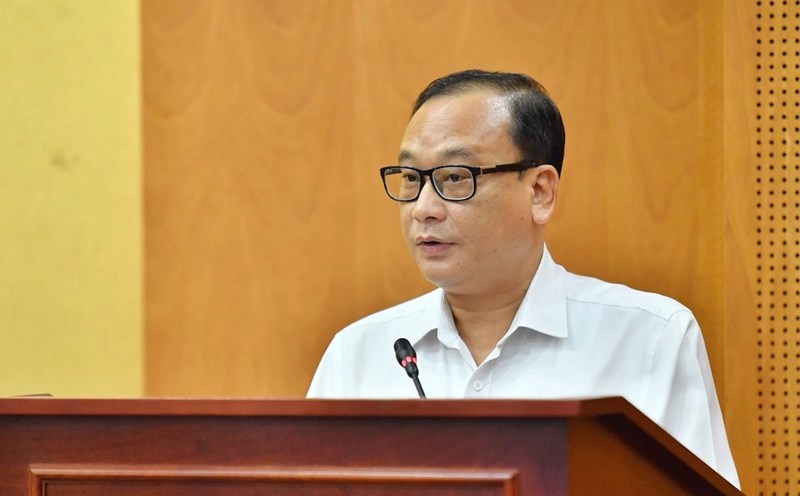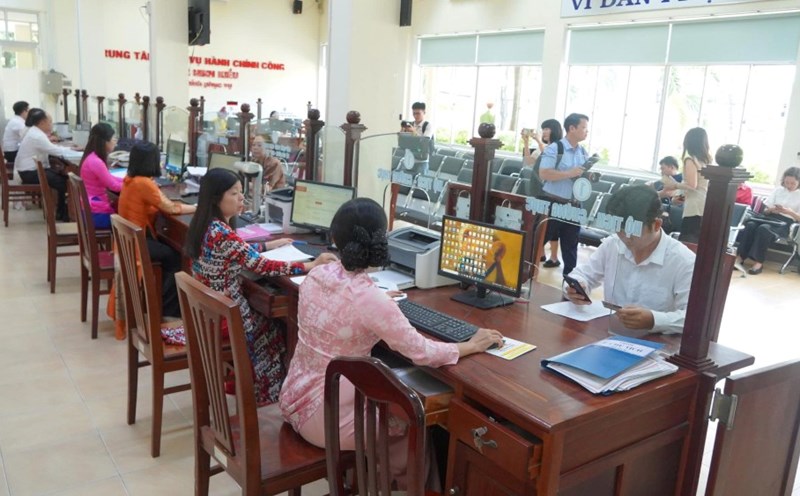The Ministry of Home Affairs is seeking opinions on the draft Law on Civil Servants (amended). One of the contents that has received much attention from many civil servants is the salary and income policy.
Article 6 of the draft Law on Civil Servants (amended) states about salary and income policies for civil servants.
Accordingly, the State has a mechanism to ensure that salaries are equal to or higher than the highest regional minimum wage of the enterprise sector for civil servants working in public service units providing essential public services.
Public service units are responsible for developing internal spending regulations as a basis for paying additional income and other income to civil servants to encourage the improvement of the quality of public service provision, ensuring compliance with the characteristics of the industry, profession and the level of autonomy according to the law.
Article 12 of the draft Law also stipulates the rights of civil servants regarding salaries, bonuses and salary-related regimes.
Accordingly, civil servants are entitled to salaries, bonuses and other income according to the product results and work efficiency of the job position, in accordance with the socio-economic conditions of the country and locality.
Civil servants are entitled to overtime pay, salary for working at night, work fees, bonuses and other regimes according to the provisions of law and regulations of public service units.
Officials working in mountainous areas, border areas, islands, remote areas, ethnic minority areas, areas with particularly difficult socio-economic conditions or in industries and professions with toxic and dangerous environments, specific career fields are entitled to allowances and preferential policies according to regulations.
According to the explanation of the term in Article 4 of the draft Law, Public Service is essentially a service directly related to human rights and social security, with the State playing a leading role in organizing and providing.











